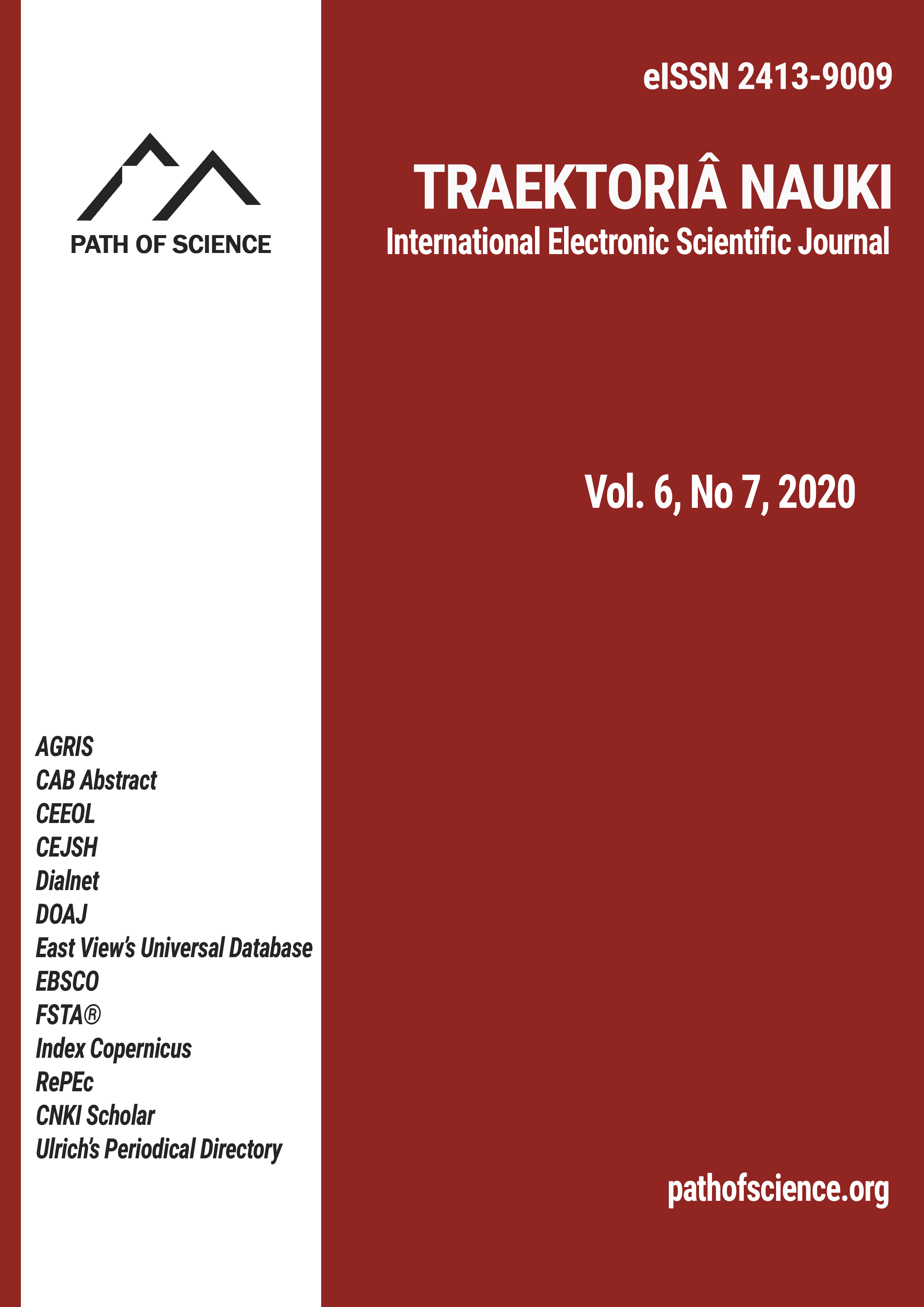Marginalization of Ethnic Communities and the Rise in Radicalization
Marginalization of Ethnic Communities and the Rise in Radicalization
Author(s): Abel Bennett HollaSubject(s): Inter-Ethnic Relations, Ethnic Minorities Studies, Social Norms / Social Control, Politics and Identity
Published by: Altezoro, s. r. o. & Dialog
Keywords: extremism; marginalization; radicalization;social exclusion;
Summary/Abstract: Renewed marginalization, coupled with ethnic nationalism, could severely hamper peace, stability, governance, and the delivery of essential service to the people. Therefore, disharmony resulting from marginalization and regional discontent is no more dismissible issues. Muslim communities in Africa, South Asia, and some parts of the Middle East are considered to be highly underprivileged in terms of representation, economic prospects, and education. This exclusion has made young Muslims particularly vulnerable to recruitment by terrorist insurgents who appear to sympathize with their plight. The terrorists usually offer them possible alternatives to earn income and to express their grievances. Since the stability of any society largely depends on political, security, and economic freedom, communities that do not attain it, are likely to be vulnerable to recruitment by insurgent groups that meet their needs. This study examined how Somali Muslims' perceptions of marginalization influenced their radicalization in Kenya. A total of 400 respondents were sampled from a target population of 623,060. Sixty respondents were Muslim religious leaders in Garissa county, 40 respondents were law enforcement personnel working in Garissa County, 100 respondents were government officials in administrative offices within the County, and 200 respondents were local Somali youths aged between 17–35 years. Data was collected from the respondents through the administration of the questionnaires in hard copy form. The split-half method was employed to guarantee reliability of the survey, while validity was addressed by phrasing all survey and FGD questions appropriately in line with the research objectives. The collected data was then examined using quantitative and qualitative analysis methods. The quantitative analysis focused on numerical data, while qualitative analysis was used to analyze non-numerical information provided by respondents. In analyzing Somali Muslim views on marginalization and its effect on radicalization, this study employed correlation research design and Samuel Stouffer's relative deprivation theory of social behaviour. The findings of this study indicate that the perceptions of marginalization by Somali Muslims are related to an upsurge in radicalization
Journal: Traektoriâ Nauki
- Issue Year: 6/2020
- Issue No: 07
- Page Range: 5001-5013
- Page Count: 13
- Language: English

